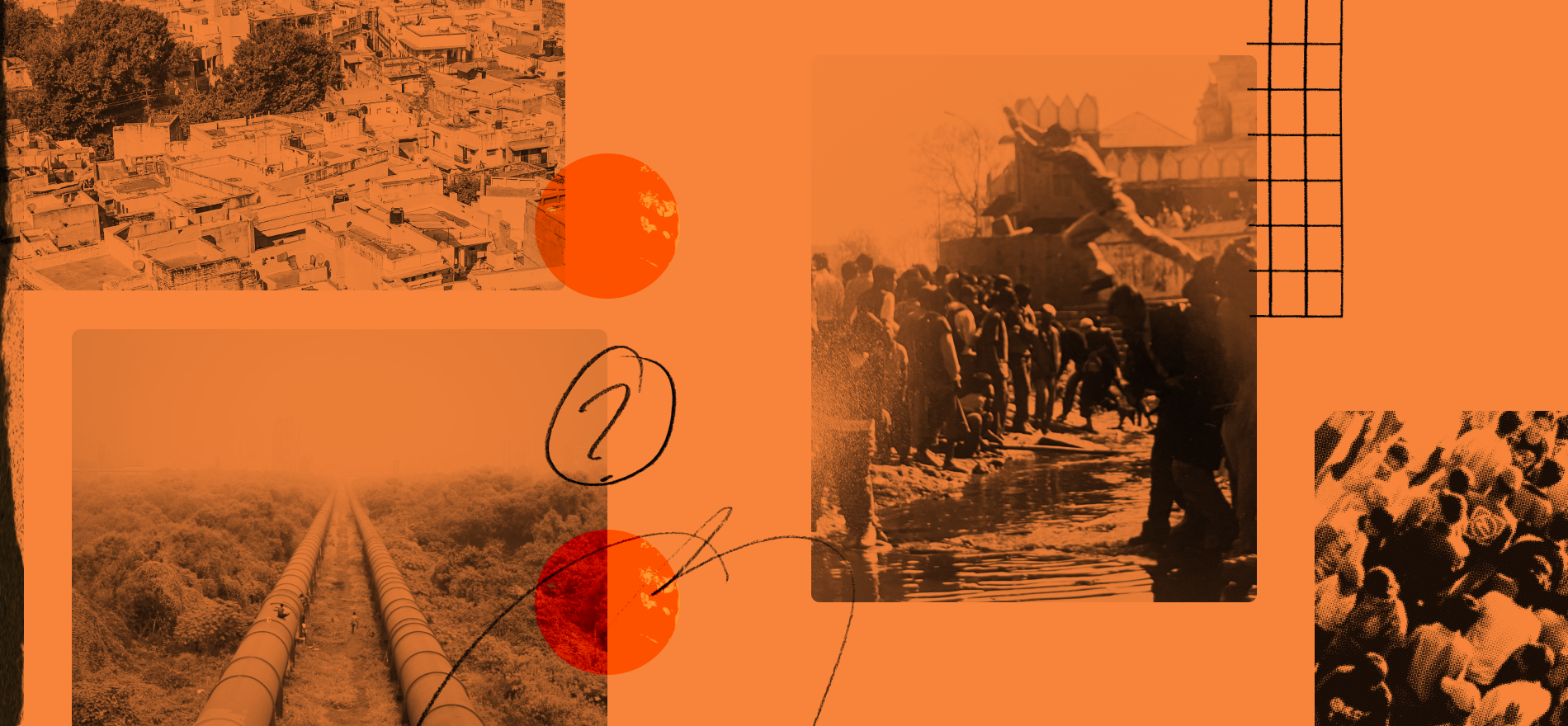The steady increase in disinformation campaigns facilitated or funded by politicians and governments, and the deteriorating education system is bad news for journalism students in North Africa and Western Asia. As they move from classrooms to newsrooms, young journalists in NAWA region face a grim reality: a media ecosystem plagued by misinformation makes the journalists' job harder. On one hand, journalists have to provide their increasingly suspicious audience with trusted, quality content, and on the other hand, they must continuously fact-check and debunk claims spreading online.
Six years after its launch, the NAWA Newsroom continues to provide journalism students with tools and context to commit to quality journalism. In August 2022, 16 journalism students completed a 6-months training program run by Check Global’s NAWA Media team. The training program aimed to provide the trainees with the essential knowledge to improve their journalistic skills, as well as fact-checking and media monitoring techniques. Students from Lebanon, Syria, Palestine, Yemen, Egypt and Sudan took part in this year’s program. The training included advanced lessons on the media landscape, misinformation, open source investigations, verification tools, media trends and new technologies.
For the next phase, the students will pitch ideas as they engage in various activities and investigations including individual and collective projects, focusing on climate misinformation. NAWA Media will make available microgrants to selected projects. Students from Egypt will also contribute to the NAWA Media Credibility Index, annotating data on news websites in Egypt.
In 2021, the Newsroom students released the Media Credibility Index, covering 626 news websites in Syria, Lebanon and Yemen. The Credibility Index focuses on the role of media in spreading misinformation, especially COVID-related misinformation.
Students from Lebanon, Syria, Palestine, Yemen, Egypt and Sudan took part in this year’s program. The training included advanced lessons on the media landscape, misinformation, open source investigations, verification tools, media trends and new technologies.
Students eager to apply new knowledge
Souad is an undergrad journalism student from Yemen who applied to join the NAWA Newsroom training. Souad had prior information about fake news, but “the core of this training experience was learning about the online search and verification tools”, she tells us. “This was exciting for me as it made me more interested in working in investigative journalism after I graduatefrom the journalism school”. Souad already applied the new knowledge and used the verification tools in a recent report she wrote. The new method “cleared the noise” and allowed her to find the correct information.
Souad shared challenges and hopes with students participating in the training program. “The main similarities between us are ambition and enthusiasm to discuss journalistic practices in our countries, regardless of work experience, and socio-economic conditions”.
“the core of this training experience was learning about the online search and verification tools”
Mohamad’s comments echo Souad’s remarks. Mohamad, an undergrad journalism student from Egypt, was primarily interested in the image verification tools and reverse image search functionalities that he learned to use during the training. It took Mohamad less than a week to apply what he had learned during the newsroom training to a real-world situation. He used the open source online verification tools to verify images that spread on Facebook in the aftermath of the deadly Giza church fire. Using these tools and techniques, Mohamad discovered that Egyptian social media users, journalists and newspapers published old photos claiming they were from the August fire.
As part of his job at a local TV channel, Mohamad monitors, curates and verifies trending content on social media before sharing interesting stories with the editorial team. Now he’s using open source online verification tools to efficiently provide more accurate information and debunk false claims.
Ultimately, the students hope to bring positive change in their local communities by bringing back trust in media journalism. “The best way to achieve this goal is by creating trusted, verified content, and investigative reporting that would uncover corruption”, Mohamad tells us.
Fact-checking elections, media monitoring, and open source investigations…
The NAWA Media Newsroom was launched in 2017, providing trainings for a team of journalism students from the Lebanese University. In 2020, new students joined us from Syria, Yemen and Egypt, followed by a new cohort of students from Palestine and Sudan in 2021.
Each year, the training focuses on a specific theme. In 2020, country-focused newsrooms reported on: the effect of COVID-19 on the economy in Yemen; medical shortages in Egypt; threats faced by journalists in Syria; and the mental health consequences of the Beirut blast.
In 2022, NAWA Media, in collaboration with Maharat Foundation’s Fact-o-meter, joined the Lebanese elections pop-up newsroom, coordinated by Maharat, and with the participation of 15 local organizations to verify claims ahead and during the elections.
The collaboration aimed to give three NAWA Media alumni trainees real-world experience in the context of elections and fact-checking. The Lebanese parliamentary election in May 2022 was the right opportunity to apply what they have learned during NAWA Media’s training. Three NAWA newsroom alumni were selected to participate in the elections fact-checking pop-up newsroom.
The fact-checking methods used by the trainees involved fact-checking social media posts, directly contacting officials to ask for clarifications, revisiting archive material, and verifying data and figures provided by official institutions and statistics companies.
The trainees received training and feedback from Maharat in accordance with the International Fact-Checking Network standards.
We collaborated with 53 partner organizations worldwide to design and carry out our 2024 elections projects. We extend special gratitude to our lead partners in Brazil, Mexico and Pakistan, whose work we highlight in this essay.



The 2024 elections projects featured in here would not have been possible without the generous support of these funders.












